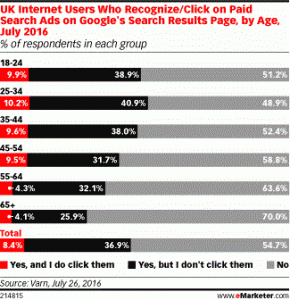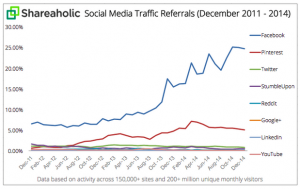Next Steps: DeepMind AI Discovers Faster Rankings, Search Algorithms

When I flew from Wyoming to California on Monday night I overheard someone in the Delta Air Lines boarding area talking about artificial intelligence (AI) and semiconductor chips — themes that have been dominating the news in the advertising industry.
This morning Dentsu announced an extended partnership with Amazon Web Services (AWS) — offering two key services to further expand its use of generative artificial intelligence (GAI): Amazon Bedrock, a service that helps users build AI applications, and Amazon SageMaker, a fully managed machine-learning service.
The partnership will help to more quickly deploy third-party and open-source models across its product and engineering teams. An example of the third-party open-source foundational model (FM) is Llama2, one of the FMs offered through Amazon Bedrock.
Dentsu and AWS plan to run a series of hackathons during the next few months to give teams exposure to the technology while rapidly developing new technology and ideas.
I wrote about semiconductors and the electronics industry as a journalist in the early 2000s and anticipated the infiltration and influence of chips in the advertising industry. Now that we’re here, I cannot stress this enough.
The huge focus on artificial intelligence and semiconductors is not just a fad. The advertising industry has moved beyond software and hours of coding into automation, hardware and servers.
Companies ranging from Google to Microsoft to OpenAI to Nvidia are pushing to become the leader in the ad-chip world, with a ton of start-ups on the way.
Chips have become the computing power for businesses, as well as ad-serving and cloud storage.
Taiwan Semiconductor Manufacturing Co., one of the world’s largest contract chipmakers — which means they don’t actually build the chips, but contract them out to a third party — reported that its revenue could grow by as much as 26% this year as the rise of generative AI (GAI) computing fuels the growth of global electronics.
I recently summarized a report from Bloomberg that OpenAI chief Sam Altman wants to raise billions of dollars to create a network of factories to manufacture semiconductors for AI.
DeepMind, an Alphabet company and sibling to Google, unveiled an AI system that can discover faster algorithms.
One goal of using AI techniques such as deep learning is to make computing systems — from network resources to data centers and chips — more efficient and sustainable, DeepMind research scientist Vinod Nair told The Wall Street Journal in June.
“Sorting algorithms are used to order data for things such as ranking web-search results and the back-end systems of financial institutions,” the WSJ reported. “Hashing algorithms convert data into a unique string of characters so users can find what they are looking for in things such as databases. Because they are so widely used by companies, making these algorithms faster could significantly reduce the resources needed for computing.”
Researchers at Google DeepMind also have discovered an efficient and automated way to design computer chips using AI.
In November, a panel of semiconductor-company veterans at Silicon Catalyst’s annual Semi Industry Forum asked the question how AI will impact the business of making chips. The group speculated about how and when AI will upend the way chips are designed and just how strange a place the coming “AI wonderland” will become.
(4)









